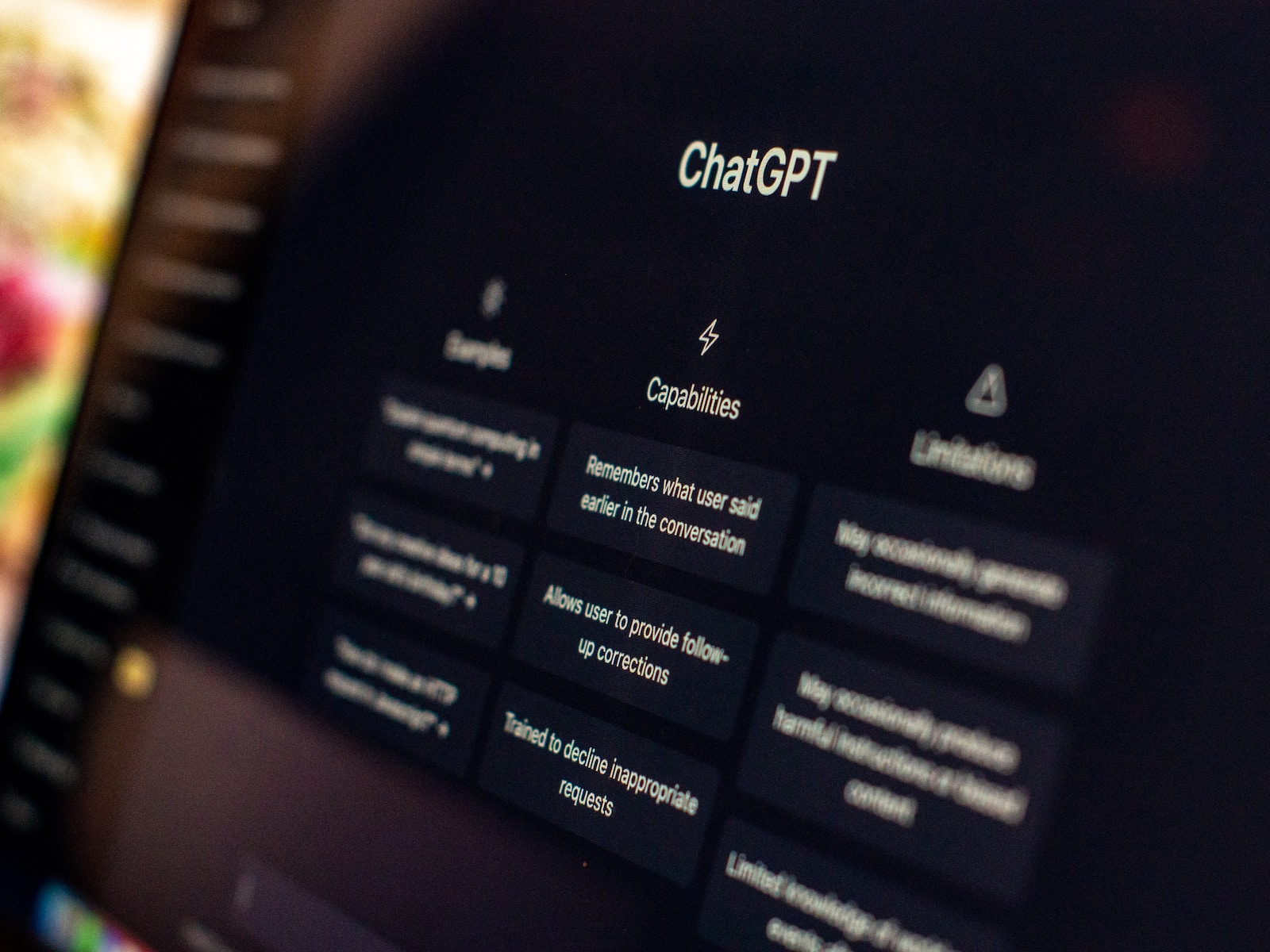Physical Address
304 North Cardinal St.
Dorchester Center, MA 02124

We will shed light on the benefits of AI in education in this article.
Some teachers are right to be scared of the latest improvements in AI technology, especially since ChatGPT, OpenAI’s newest language model, came out. It only takes a few seconds for students to ask the app to do their homework for them.
If the student shows the AI some of their earlier work, they can even write an essay in their own style, complete with grammar and spelling mistakes. This makes it seem more real and makes cheating very hard to spot!
So, what should teachers do now that all of this is known? Does AI mean the end of school as we know it?
We believe that exposing students to technology at an early age will provide them a lot of an advantage in the workplace of the future when its use will unavoidably become more widespread. However, putting that aside, let’s look at some of the benefits of AI in education.
Examine Learning gaps: With the use of specially created AI platforms, historical performance may be analyzed to find learning gaps that could otherwise go unnoticed.
Personalized learning: AI can tailor content to each learner, resulting in a customized educational experience instead of a one-size-fits-all method.
Questions answered instantly: students no longer have to wait for a human response when using AI to answer their questions; this has the added benefit of encouraging shy students to ask inquiries without worrying about being evaluated.
Just-in-time learning and timely feedback: Students are more receptive to learning when they receive frequent and timely feedback during the learning process when the material is still fresh in their minds.
Engagement: Gamification and other stimulating learning environments, like VR and AR, are made possible by learning with AI, and they can significantly boost student motivation and engagement.
Time savings: By employing AI to generate ideas or organize knowledge, teachers may focus more on higher-level skills like analysis or creativity.
Improved accessibility: By acquiring intelligent data, developing personalized activities, and designing customized schedules, AI technology can assist in erasing boundaries between students, instructors, and school administrators. As we approach universal 24/7 access, barriers based on geography, language, and economic position can be overcome.
Neurodiversity: In surroundings with artificial intelligence (AI), confident students who may find it challenging to study in conventional settings or approaches flourish.
Additionally, there are a variety of ways that educators are now utilizing AI, and these advantages will only increase:
Time-saving: AI can handle many of the labour-intensive tasks that educators are currently expected to complete, such as marking and record-keeping. Additionally, it can facilitate the preparation process, freeing the instructor to participate in the innovative and deeply human acts necessary to elevate the learning environment.
Creation of ideas and material: Artificial Intelligence (AI) can help teachers save time when producing ideas, content, and even learning objectives that they can evaluate, modify, and creatively apply in the classroom, on projects, or for assignments.
Addressing inquiries from students: Teachers, as well as students, gain from using AI as a personal tutor. It is possible to handle more queries and keep track of inquiries while teachers concentrate on creating interventions that will increase student engagement and close any gaps in knowledge.
Analyzing student performance: AI can monitor attendance, assignments turned in, and performance on particular assignments to assist in spotting areas of weakness in knowledge or highlighting concerning behavior. This greatly facilitates a teacher’s ability to quickly and appropriately construct interventions.
Motivating and engaging students: In today’s fast-paced, technologically-driven society, people are drawn to exciting and entertaining teaching strategies that maintain their attention.
AI has a plethora of exciting potential applications in the field of education. Tools and technology driven by artificial intelligence (AI) have the potential to revolutionize education, ranging from automated grading and evaluation to personalized learning. AI can assist teachers in giving more effective and efficient instruction, improving learning outcomes, and increasing student happiness. It analyzes performance data, learning styles, and student behavior.
More advanced gamification and augmented reality experiences, enhanced personalization, and seamless connection with learning management systems are just a few of the exciting advancements we anticipate in AI-powered education.
While NLP-powered language learning tools will help kids learn more efficiently, instructors can identify at-risk pupils and provide targeted support using AI-powered predictive analytics and intelligent content. Artificial intelligence (AI) in education may offer dangers and problems like any new technology. Privacy concerns and the need to guarantee that all students have fair access to AI-powered tools and technologies are just a few. However, we can ensure that AI has a good impact on how education is shaped in the future by carefully weighing these concerns and taking proactive steps to address them.